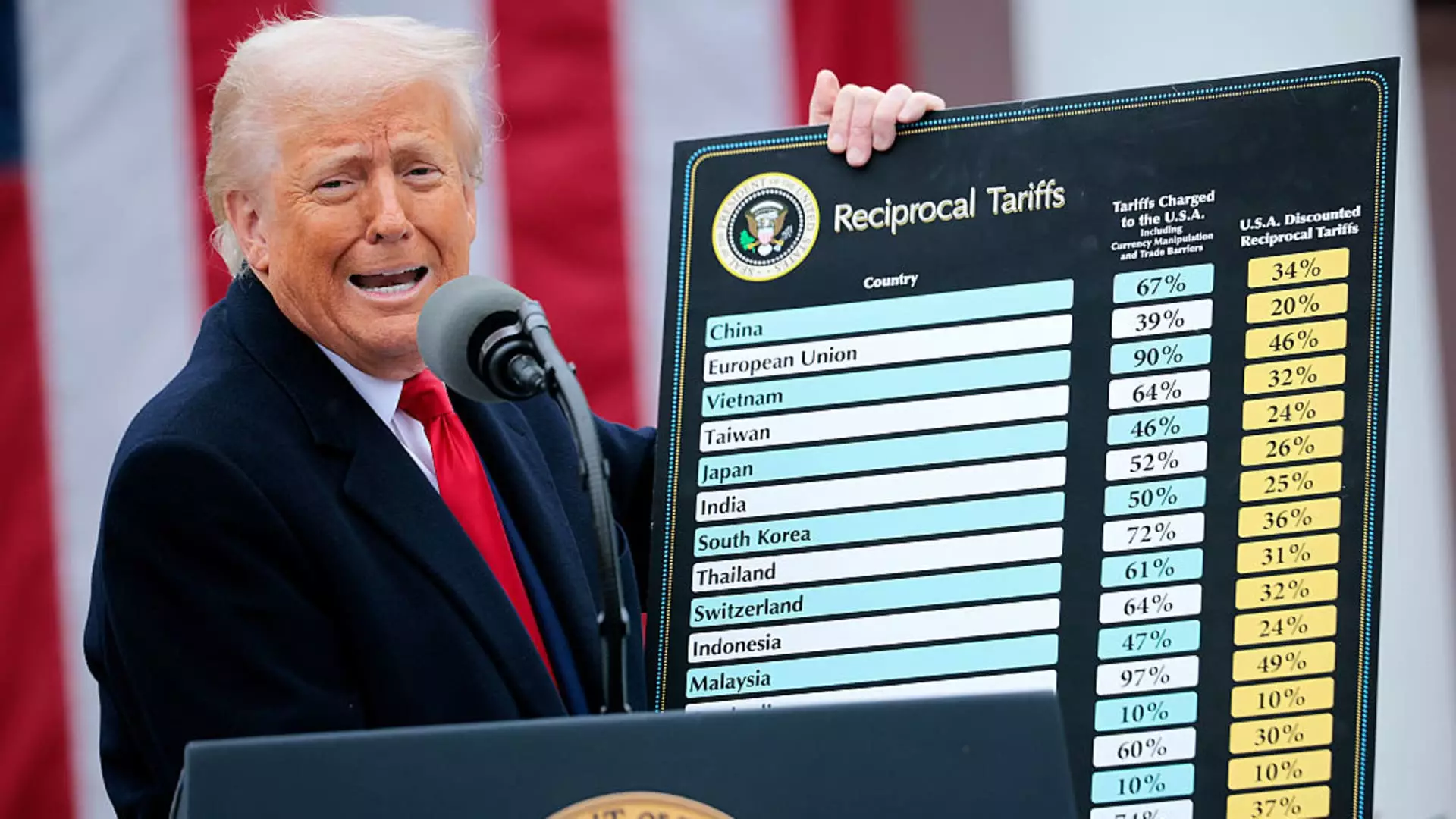In a notable legal development that underscores the precarious nature of executive authority, a federal court has determined that President Donald Trump overstepped his boundaries by imposing a series of controversial tariffs. This ruling represents a significant challenge not only to Trump’s economic blueprint but also to the broader debate on the power vested in the presidency. The judges highlighted a clear disconnect between the actions taken under the International Emergency Economic Powers Act (IEEPA) of 1977 and the actual authority designated to the president by this law.
The Court’s Argument: A Dangerous Precedent
The judges articulated their position with precision, stating that the tariffs, branded as “Worldwide and Retaliatory,” exceed any authority granted by IEEPA to regulate imports in such a sweeping manner. Their assertion that these tariffs do not adequately address the threats outlined in the orders is particularly telling. It brings to light a critical issue: if a president can unilaterally impose such economic measures without sufficient justification, what limits exist on executive power? The court’s decision thus not only dismantles Trump’s tariff strategy but also raises fundamental questions about the capacity of the government to uphold checks and balances.
Impact on American Businesses
The ruling’s broader implications cannot be overlooked, especially for American businesses that depend on imports. A coalition of five such businesses initiated the lawsuit, illustrating the tangible consequences of these tariffs on the domestic economy. By deeming Trump’s tariff orders unlawful not merely for the plaintiffs but for all affected parties, the judges affirmed that the economic repercussions of these actions extend far beyond the courtroom. The ruling reinforced the notion that indiscriminate tariff hikes can stifle growth and innovation, disproportionately hindering smaller enterprises that lack the resources to absorb sudden and significant cost increases.
The Political Ramifications
This judicial setback poses a dire threat to Trump’s overall economic agenda, prompting a potential reevaluation of strategies moving forward. Though the White House may seek to appeal this decision, its timing is critical given the approaching political landscape filled with elections and shifting public sentiment. Trapped in a cycle of populist rhetoric and stringent economic decisions, Trump’s administration now faces an uphill battle to regain credibility amidst a tumultuous political climate.
A Moment for Reflection
While Trump’s supporters may frame this ruling as a mere bump in the road, it signals a much more important tussle over the boundaries of presidential power and the impact of isolationist economic policies. The court has reiterated a vital point: economic protectionism, when implemented haphazardly, can lead not to national prosperity but to domestic turmoil. As the nation watches, the ramifications of such legal decisions may well ripple through the fabric of economic and political discourse, shaping future administrations’ approaches to trade and governance. The challenge remains: how do we ensure that power is wielded judiciously, promoting equitable economic opportunities rather than fueling divisive policies?

Leave a Reply